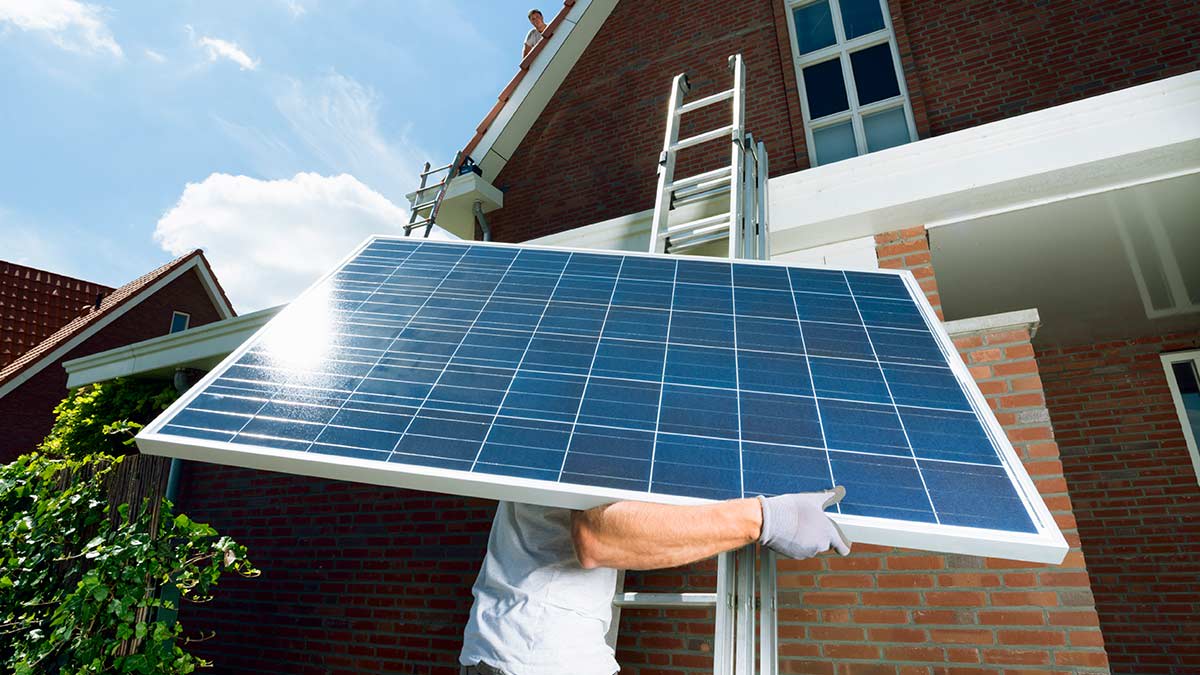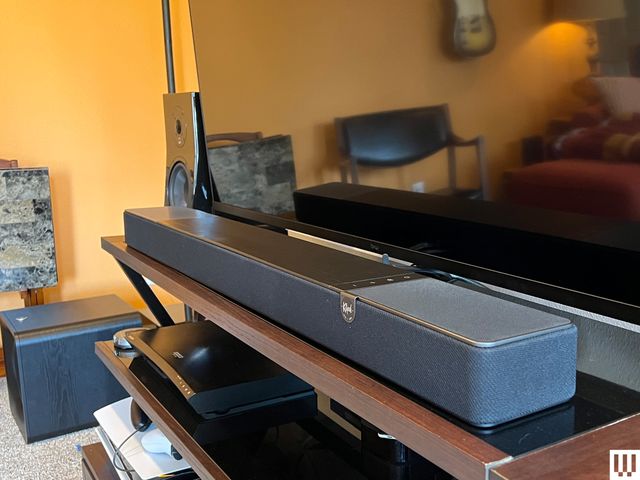
Working with an experienced installer is central to having a positive solar experience. Horowitz offers these best practices for vetting companies:
Get at least three bids. Start by looking at companies recommended by neighbors or others in your area who have had good experiences.
Go local. Find companies that have already been established in your area and have expertise with local permitting processes and utility companies.
Avoid door-to-door sales. Horowitz says he has heard of roving teams of solar salespeople looking to expand in certain jurisdictions but who don’t have an established local business yet. “First of all, we don’t recommend buying stuff door-to-door,” he says. If anything, “tell them, ‘Hey, give me your proposal. I always want to get three proposals.’ ”
Read online reviews. Make sure they’re good and plentiful. You’re looking for a contractor with hundreds of good reviews, not just a handful.
Check to see whether the company has signed an ethics pledge. Certain states and even counties have solar associations with ethics pledges that companies can sign. For example, Solar United Neighbors helped create an ethics pledge in Ohio.
Once you have found a company you want to work with, ask whether it can complete the work and have your solar panels operational by the end of 2025 to make sure you can qualify for the tax credit.
Horowitz says he has heard of companies telling customers they can complete the work as long as customers commit with enough lead time. Some companies may insist on having a contract signed as soon as Sept. 1. You’ll want to get this commitment in writing, Horowitz says, and ask what recourse you have if the installer isn’t able to complete the project by Dec 31.









